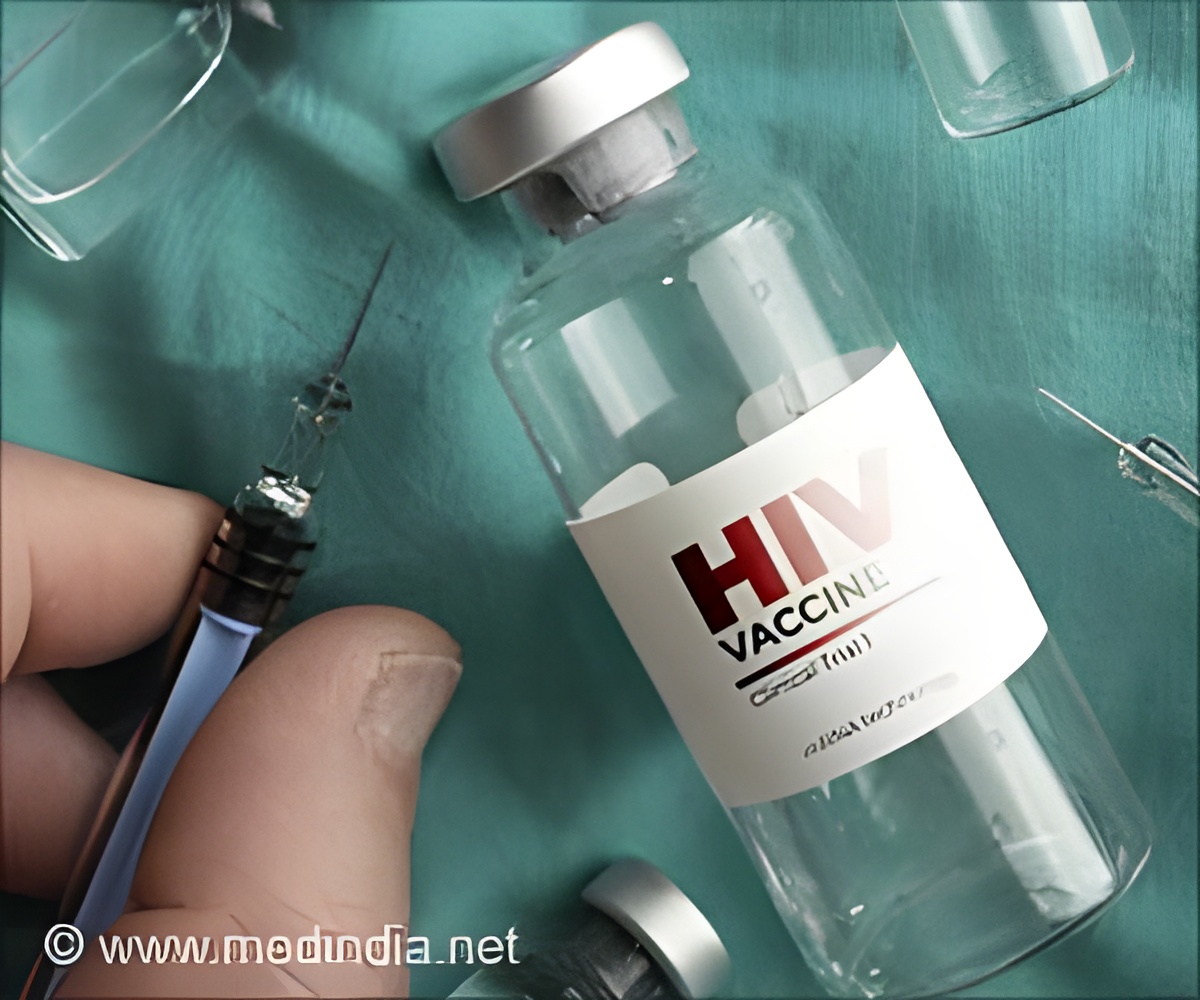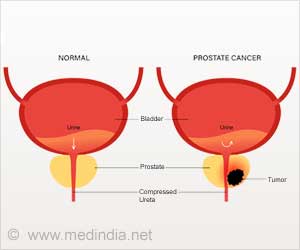A trial on humans for HIV vaccine shows it triggers neutralizing antibodies in the body leading to a promising future for a vaccine.

A Trial HIV Vaccine Triggered Elusive and Essential Antibodies in Humans
Go to source). The outcome of the trial, published on May 17 in the journal Cell, not only demonstrates that a vaccine can stimulate these antibodies to combat various strains of HIV but also shows that it can trigger the process in a matter of weeks, initiating a crucial immune response.
‘From 2000 to 2020, there was a 49% decrease in new HIV infections and a 55% decrease in HIV-related deaths. These accomplishments were possible through the collaborative efforts of national HIV programs and various development partners. #HIV #vaccine #antibodies #medindia’





The vaccine candidate is designed to target a specific region of the HIV-1 outer envelope known as the membrane-proximal external region (MPER), which is resistant to changes even when the virus undergoes mutations. By targeting antibodies against this area in the HIV outer layer, the vaccine can effectively prevent infection from various strains of HIV.A senior author Barton F. Haynes, M.D., director of the Duke Human Vaccine Institute (DHVI) stated, “This work is a major step forward as it shows the feasibility of inducing antibodies with immunizations that neutralize the most difficult strains of HIV,”. Haynes further added, “Our next steps are to induce more potent neutralizing antibodies against other sites on HIV to prevent virus escape. We are not there yet, but the way forward is now much clearer.”
The data generated from the phase 1 clinical trial of the vaccine candidate developed by Haynes and S. Munir Alam, Ph.D., at DHVI was evaluated by the research team.
Twenty individuals who were in good health and tested negative for HIV were recruited for the study. Out of these, fifteen volunteers were administered two of the four scheduled doses of the experimental vaccine, while the remaining five participants received three doses.
Outcome of the Trial
The vaccine exhibited a 95% serum response rate and a 100% blood CD4+ T-cell response rate, following just two rounds of immunizations. This indicated significant immune activation. The majority of serum responses were directed to the specific part of the virus that the vaccine was designed to target. It is crucial to note that broadly neutralizing antibodies were triggered following only two doses.Advertisement
The lead author Wilton Williams, Ph.D., associate professor in Duke’s Department of Surgery and member of DHVI stated, “To get a broadly neutralizing antibody, a series of events needs to happen, and it typically takes several years post-infection,”. Williams further commented, “The challenge has always been to recreate the necessary events in a shorter space of time using a vaccine. It was very exciting to see that, with this vaccine molecule, we could actually get neutralizing antibodies to emerge within weeks.”
Advertisement
The researchers have indicated that further efforts are needed to develop a stronger response and to focus on additional areas of the virus envelope. An effective HIV vaccine is expected to consist of a minimum of three components, each designed to target specific regions of the virus.
Haynes said, “Ultimately, we will need to hit all the sites on the envelope that are vulnerable so that the virus cannot escape,”.
Haynes further commented, “But this study demonstrates that broadly neutralizing antibodies can indeed be induced in humans by vaccination. Now that we know that induction is possible, we can replicate what we have done here with immunogens that target the other vulnerable sites on the virus envelope.”
This breakthrough study is a significant step toward development of an effective HIV vaccine
Reference:
- A Trial HIV Vaccine Triggered Elusive and Essential Antibodies in Humans - (https://corporate.dukehealth.org/news/trial-hiv-vaccine-triggered-elusive-and-essential-antibodies-humans)
Source-Medindia















